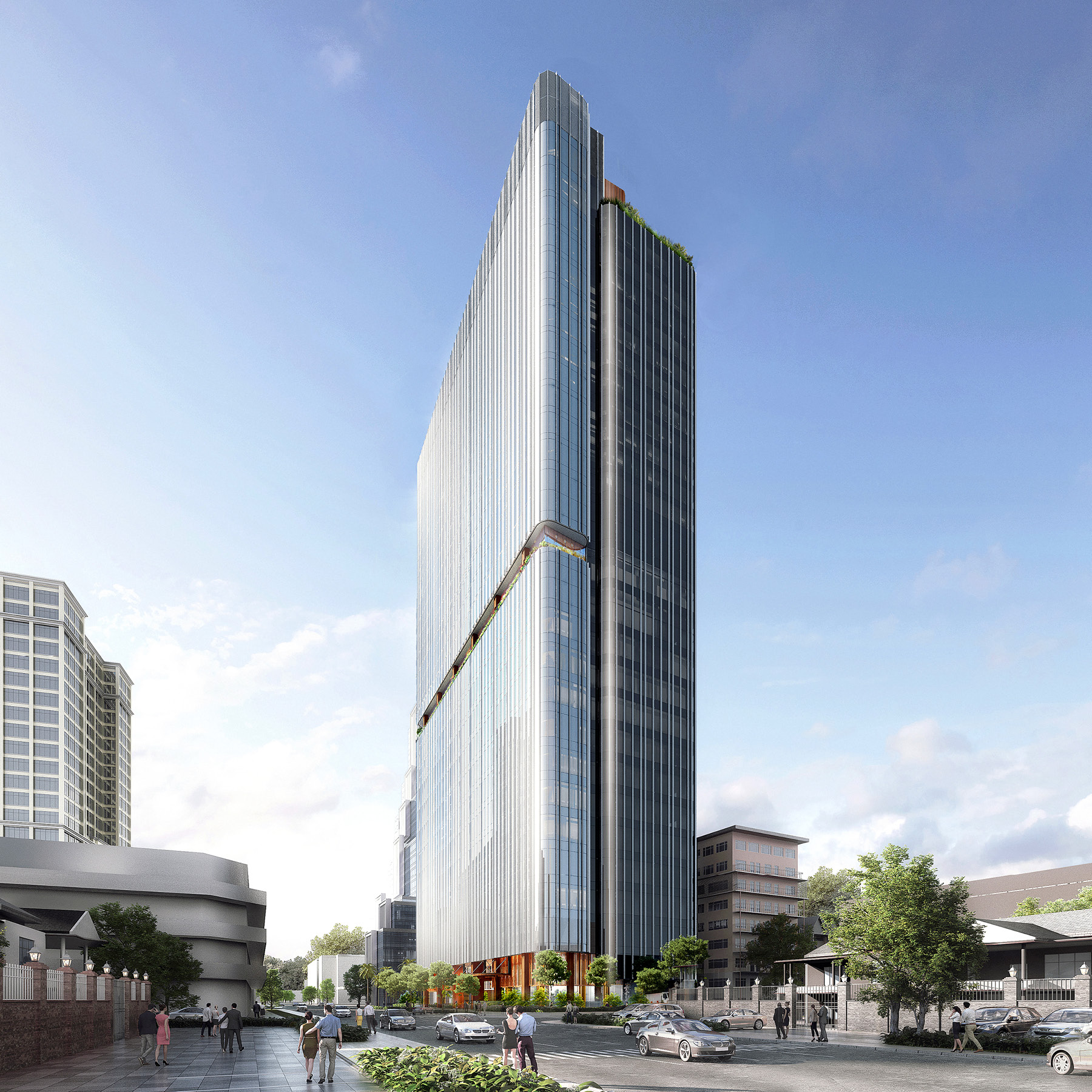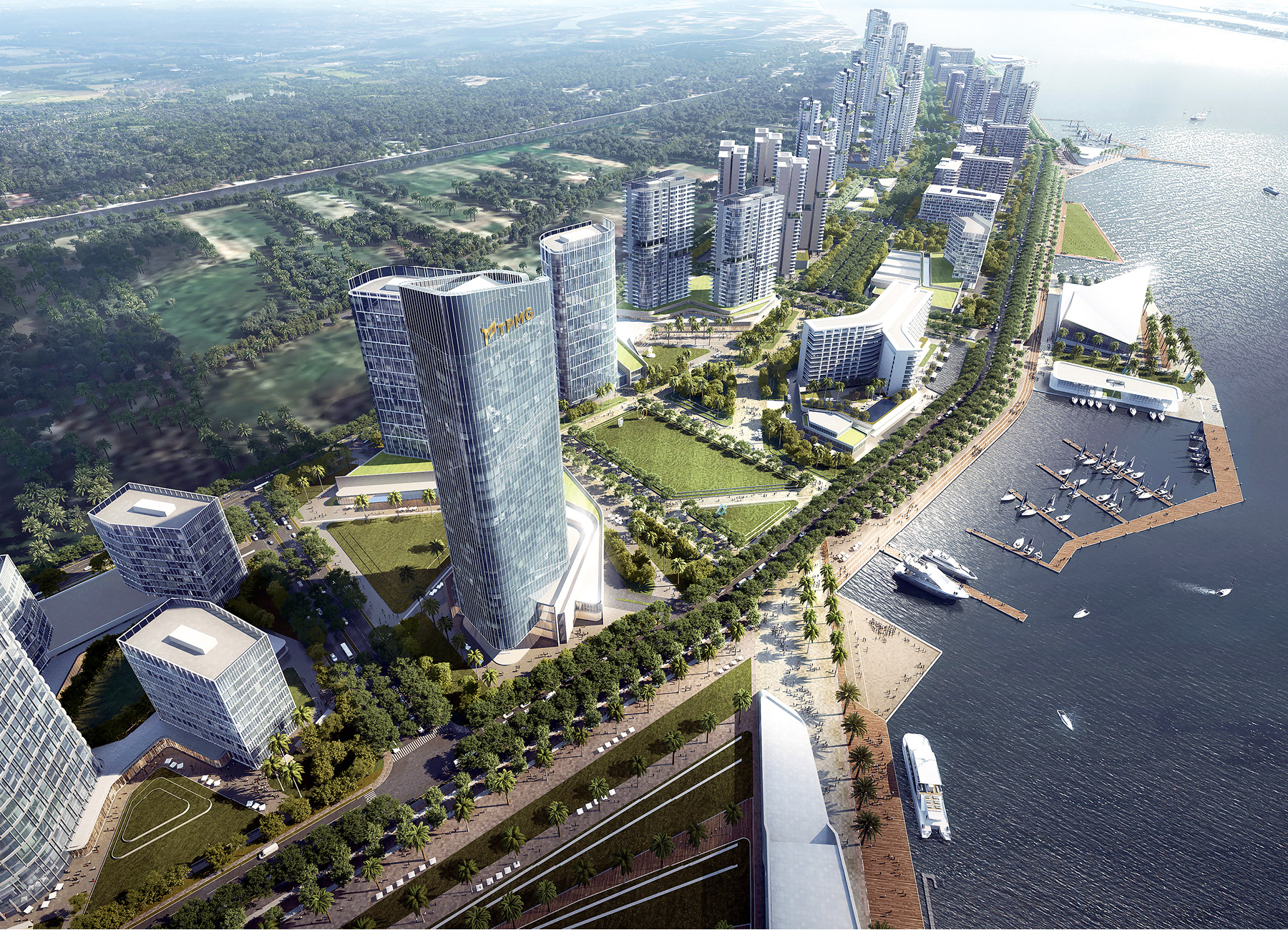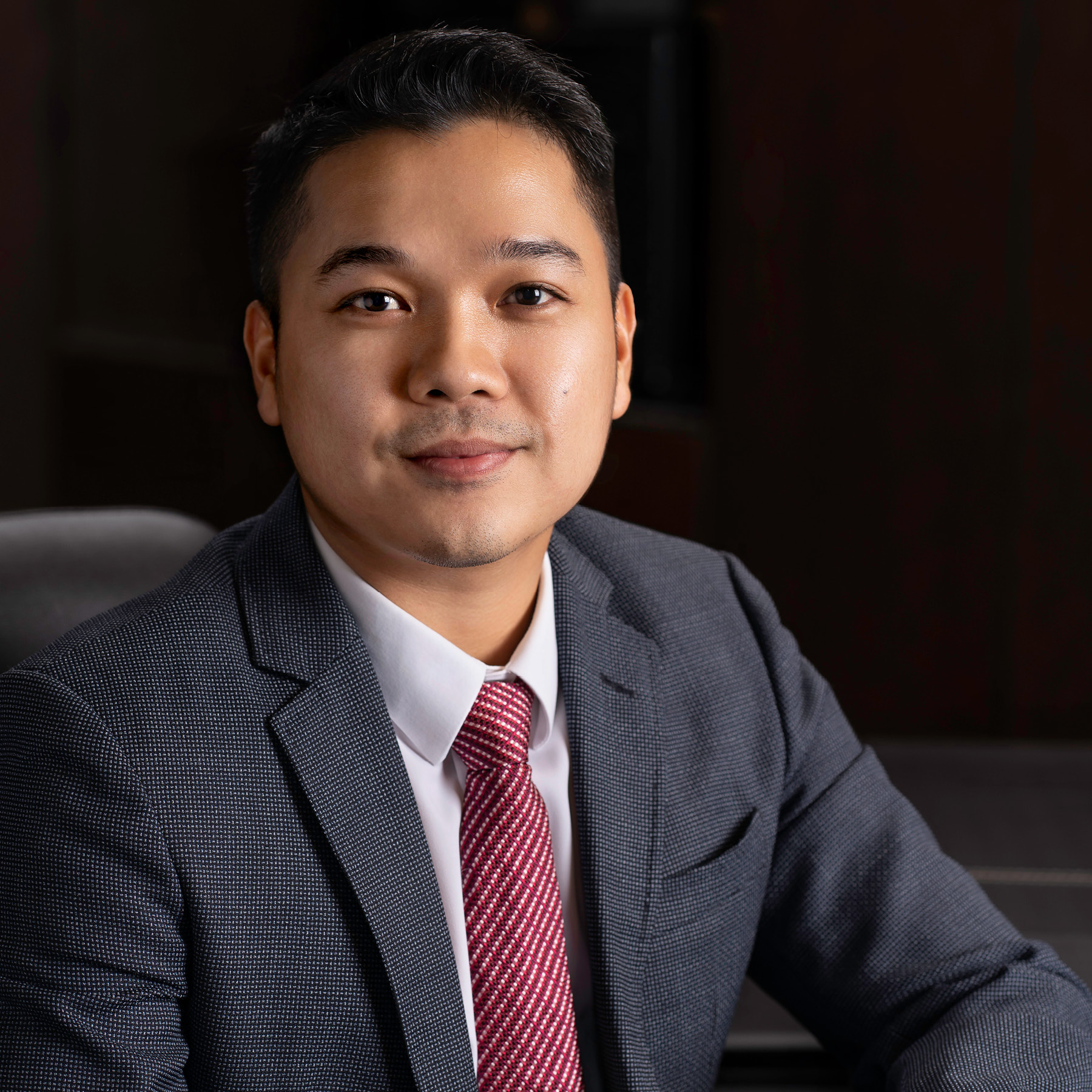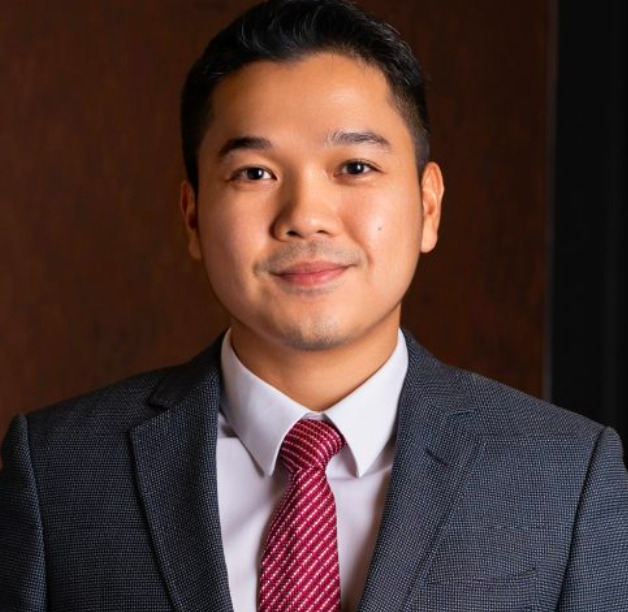When they founded land banking and property development firm TP Moral Group (TPMG) in 2018, CEO Sengpheng Khun and his siblings had already identified where the opportunities in the sector lay and how, if tackled correctly, they could benefit Cambodia as a whole.
With the real estate and construction sectors already a cornerstone of the country’s economy, Sengpheng saw the critical role they could play in nation building, and was determined to establish a company to stand at the forefront of this mission.
Upon his return to his homeland from studying overseas, he worked with his father’s land banking business where he developed a profound understanding of the industry’s finer details, while hatching a plan to harness its potential.

“Though things are slowing down, we’re still carefully planning our next developments.”
“We decided to combine our land banking business with product development by working closely with our parent company, which owns the potential assets,” Sengpheng tells The CEO Magazine. “We also saw the opportunity to attract and partner with international developers in our mega projects.”
To date, these projects have included the 28-story Norodom Business Tower in the heart of Phnom Penh’s Central Business District, which includes 10 floors of grade-A office space and a 226-key international five-star hotel across the remaining 18 floors, due to open in 2026.
Earlier this year, the company broke ground on the eagerly anticipated development, expected to become a major landmark and raise the bar both for the business community as well as the real estate and hospitality sectors.
But more importantly, the development will act as a hub that connects people and ideas, while also creating future jobs and stimulating the economy.
Strategic Planning
Getting the project off the ground and advancing toward fruition is a significant achievement in the context of the COVID-19 pandemic, which dramatically impacted Cambodia’s real estate and construction sectors.
However, the last few years have seen the rate of new construction dramatically slow from the red hot pre-pandemic highs.
“Though things are slowing down, we’re still carefully planning our next developments,” he says. “We have done a lot of studies and planning and we will be ready to implement and execute these planned developments in the near future, which we believe will contribute to the stability of the Cambodian economy.”

“We want to initiate and be involved in developments that significantly impact the country, our people and all the stakeholders in a positive way.”
TPMG plans to develop a new ‘satellite city’ including around 100,000 affordable homes on 3,500 hectares of land, just 10 minutes from the city center of Phnom Penh. “Our intention is to not only contribute to the development of our nation, but to also raise the standard of living for our fellow Cambodians,” Sengpheng says.
A 160-hectare riverfront township is also on the cards, located under two kilometers from the city center. It’s a development Sengpheng expects will be highly attractive to the international market.
“Our vision is very simple,” he says. “We have the land assets, and we want to initiate and be involved in developments that significantly impact the country, our people and all the stakeholders in a positive way.”
Looking to the Future
To this end, the company has put in place a clear action plan, aligning its financial, project development and operational plans.
“We have to continue utilizing our existing assets in our developments,” Sengpheng explains. “We must strengthen and build good relationships, trust and collaboration with our stakeholders and partners to ensure success and long-term growth.”
But he notes that it’s also part of TPMG’s mission to prioritize ESG and to adopt new technologies, design concepts and cutting-edge construction methods, in order to bring innovation and sustainable practices to the real estate sector.
“We have to keep investing in our people, specifically our operation team, to develop their capabilities and achieve the highest standard of practice,” he continues.

“Both personal and professional legacy are very important to me.”
Sengpheng also sees great potential in new financial services – an area he is keen to explore.
“Since our projects are quite significant in terms of scale, we need to raise a lot of equity and to have investments,” he says. “So we need to work with banking institutions, private investors and partners, along with government support, to prepare for our project implementations.”
This will result in the completion of major developments, which will act as the legacy of both TPMG and Sengpheng himself, with Cambodia and its next generation standing to benefit.
“Both personal and professional legacy are very important to me,” he says.
“I hope that these capabilities and the projects of TPMG will be seen as a good contribution to the community, and to the growth and development of our nation, Cambodia.”




